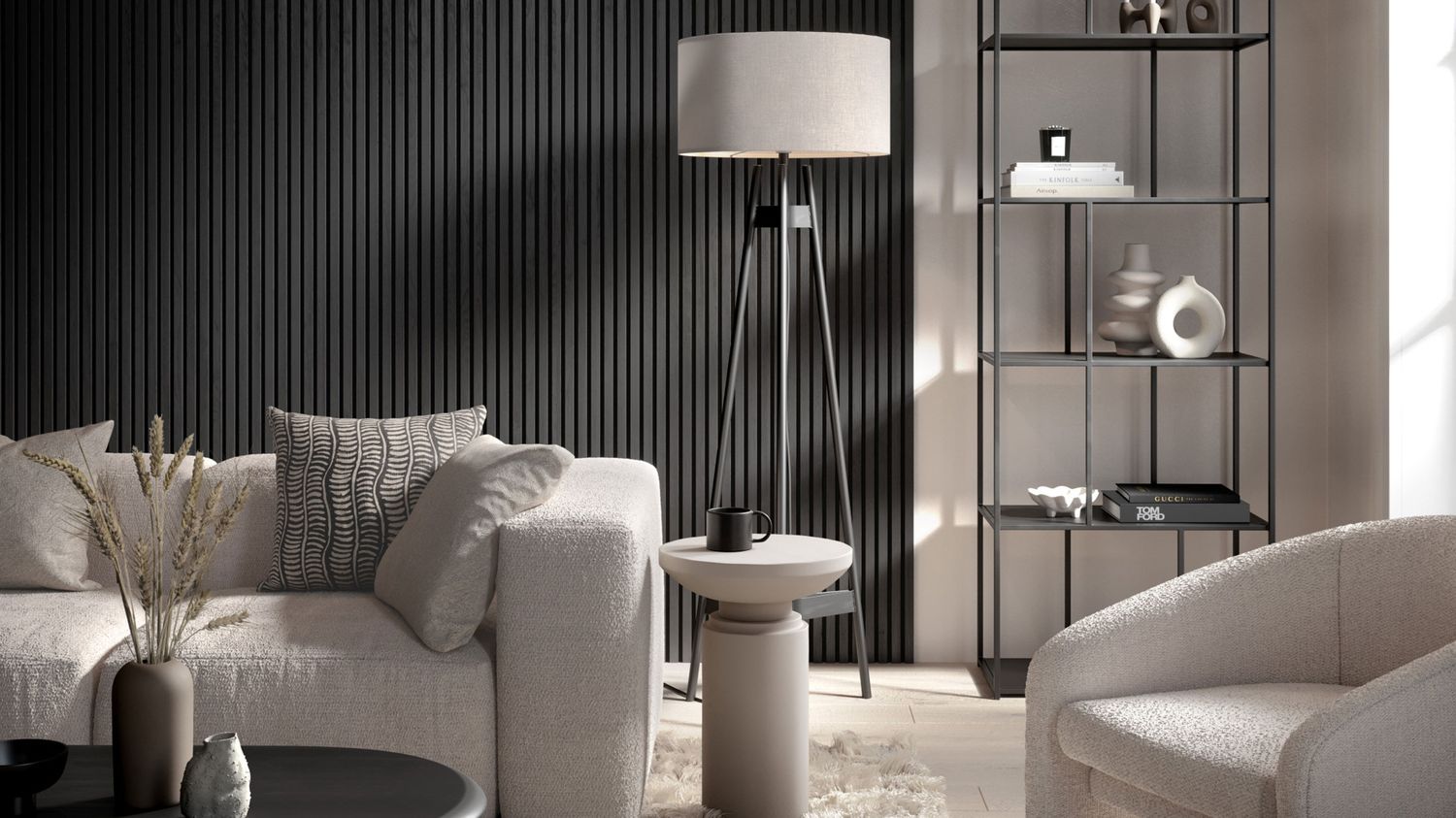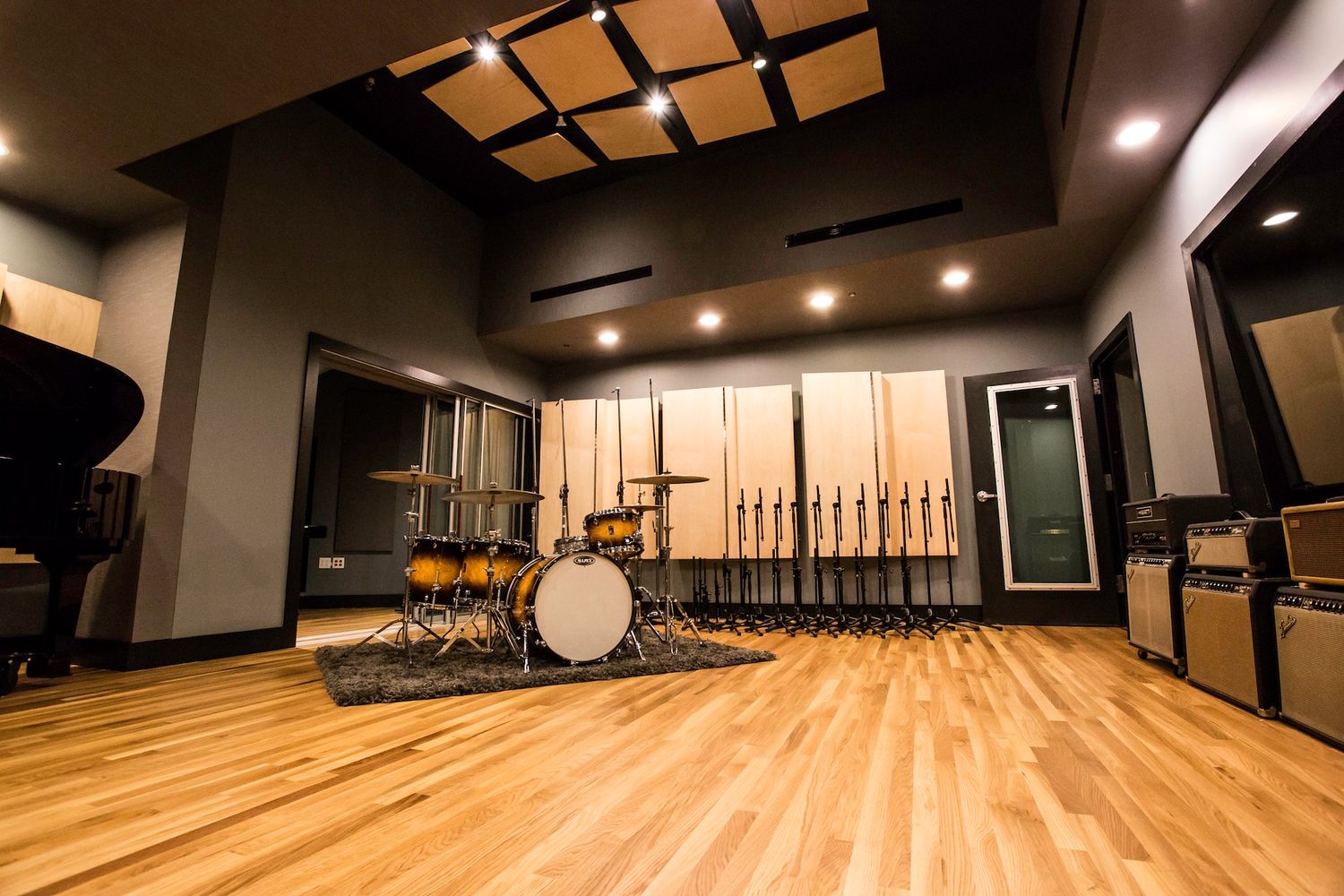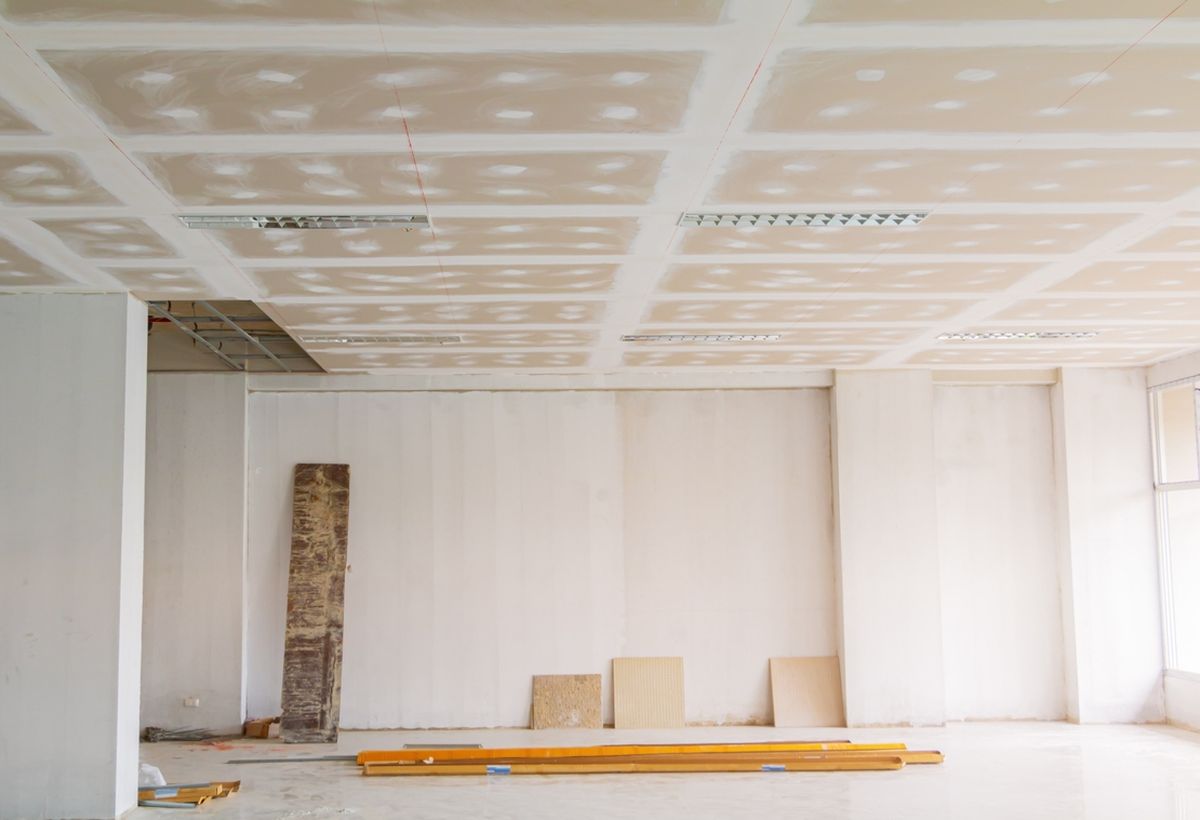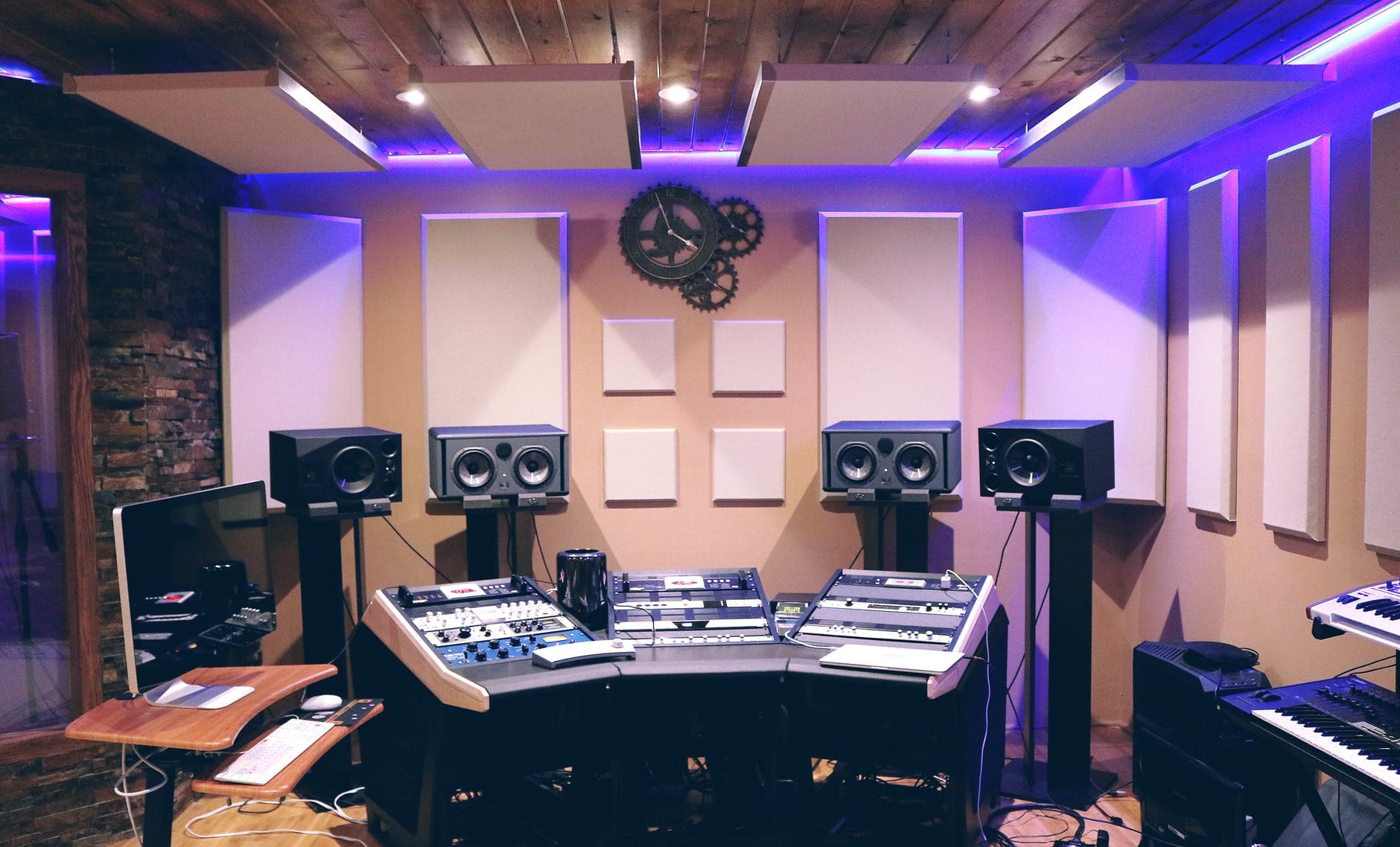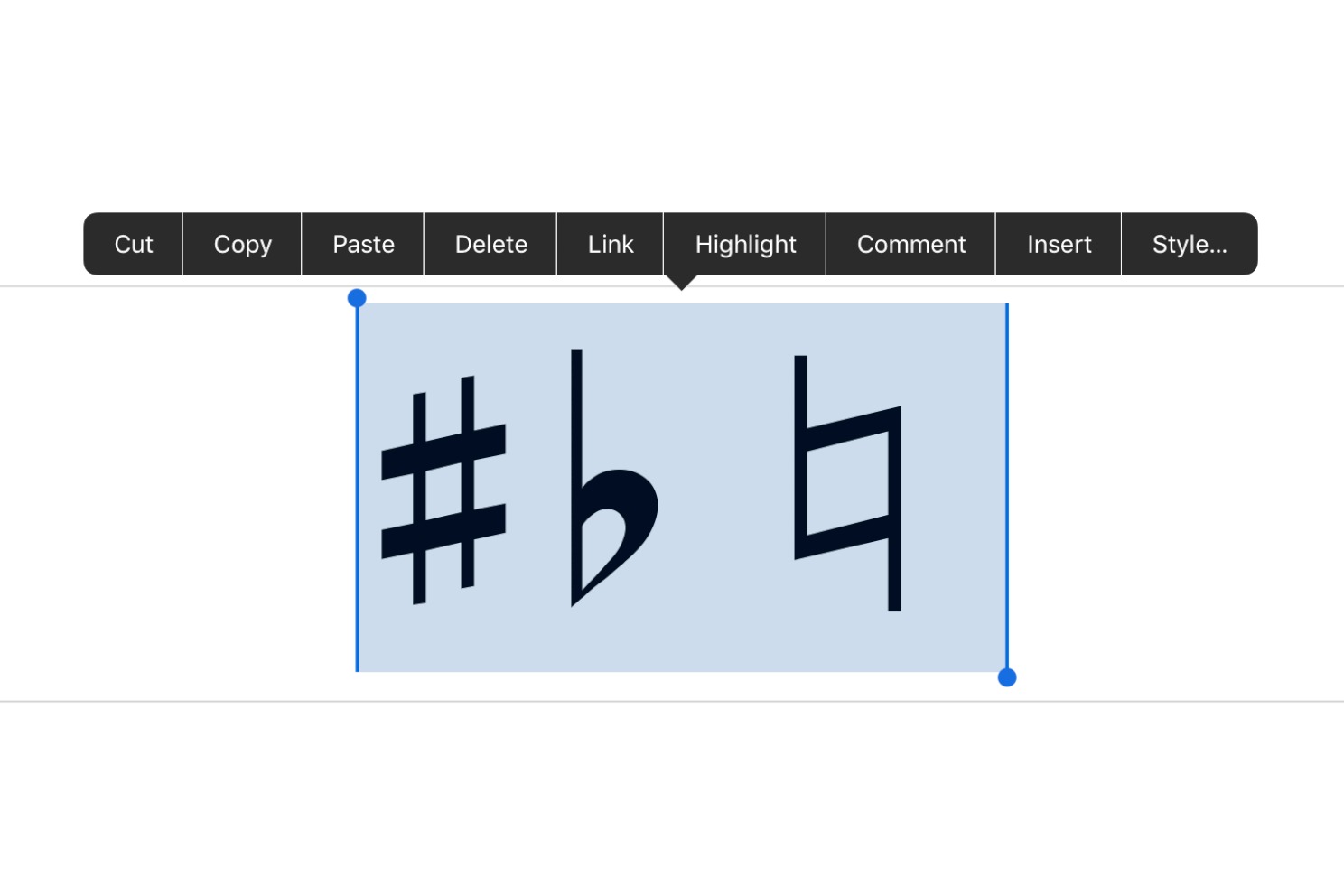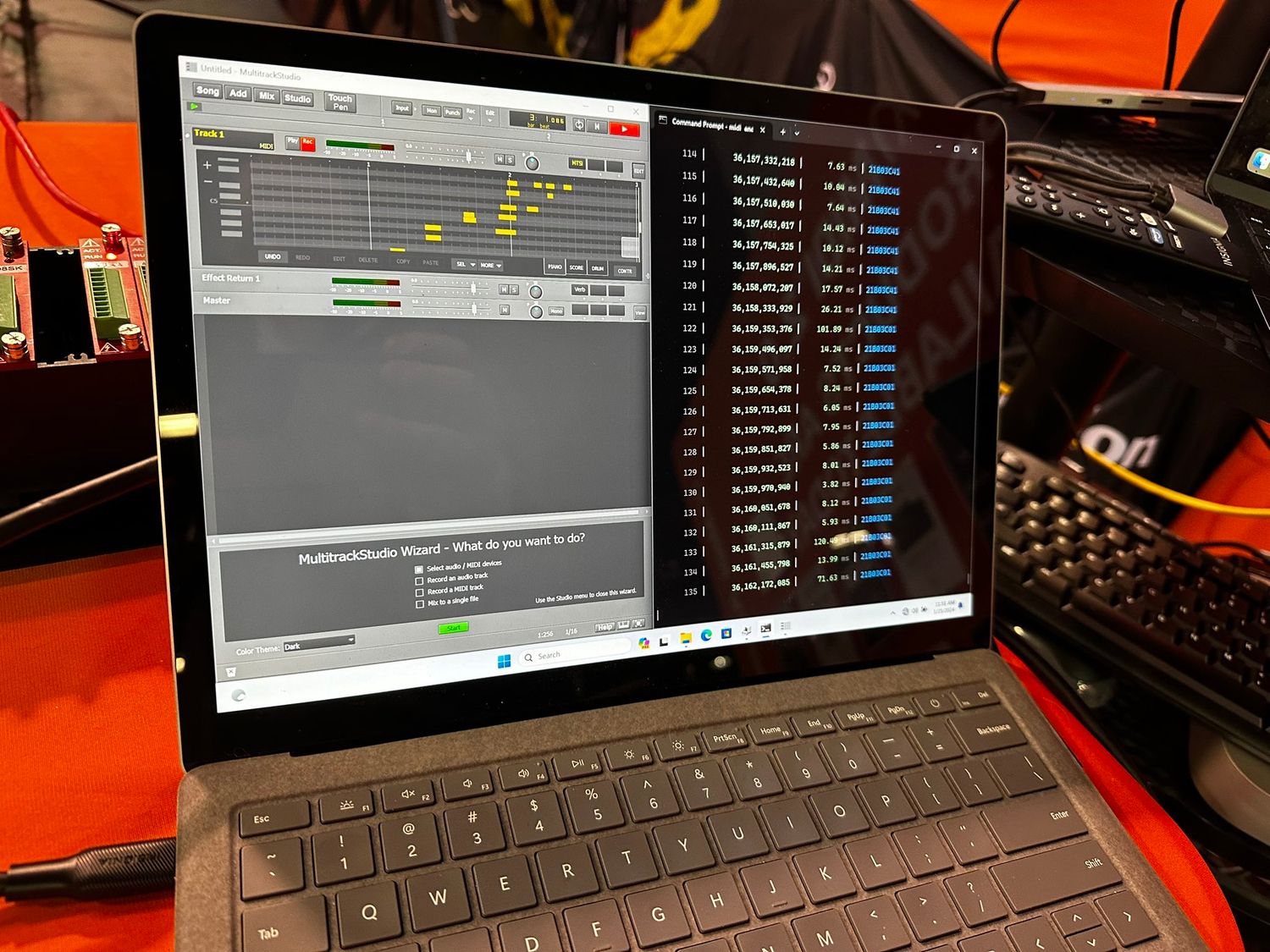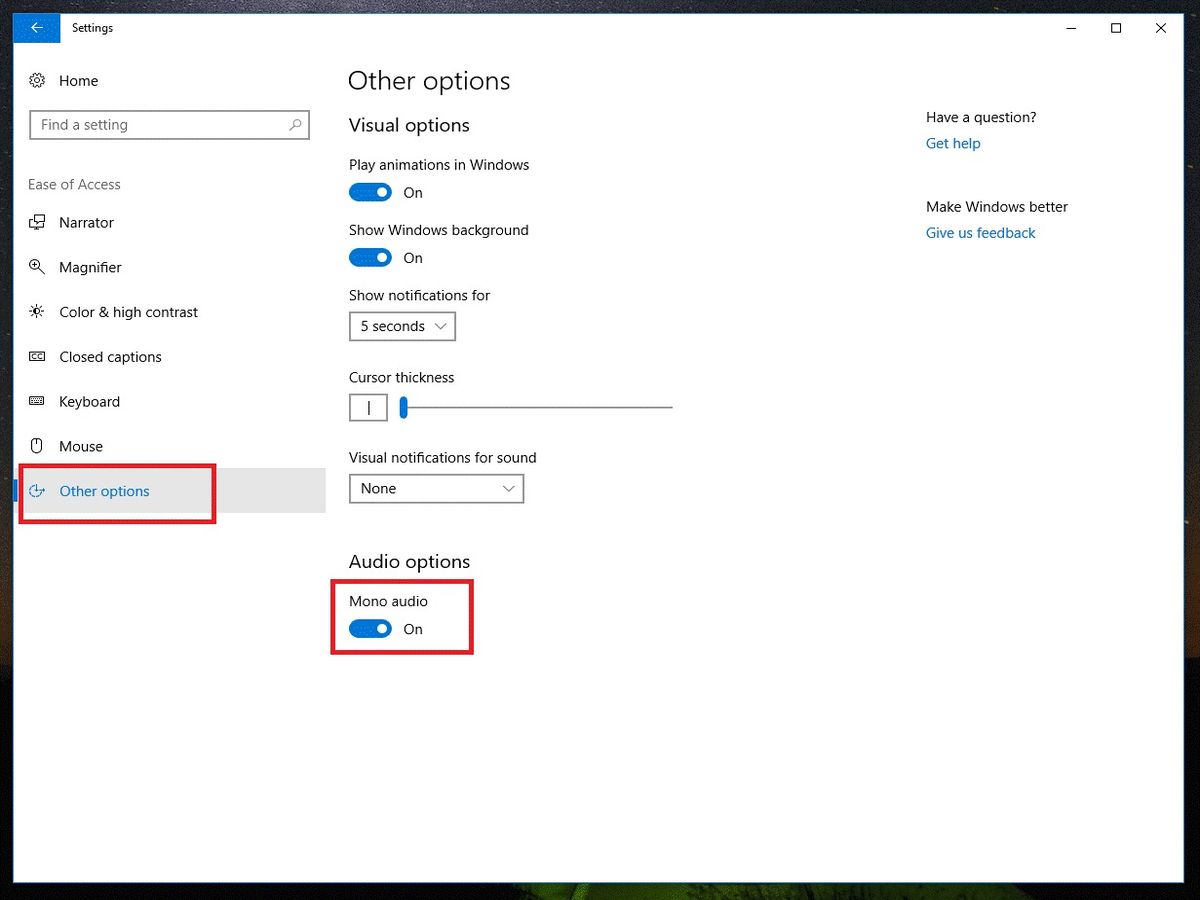Home>Production & Technology>Soundproofing>How Much Is Window Soundproofing
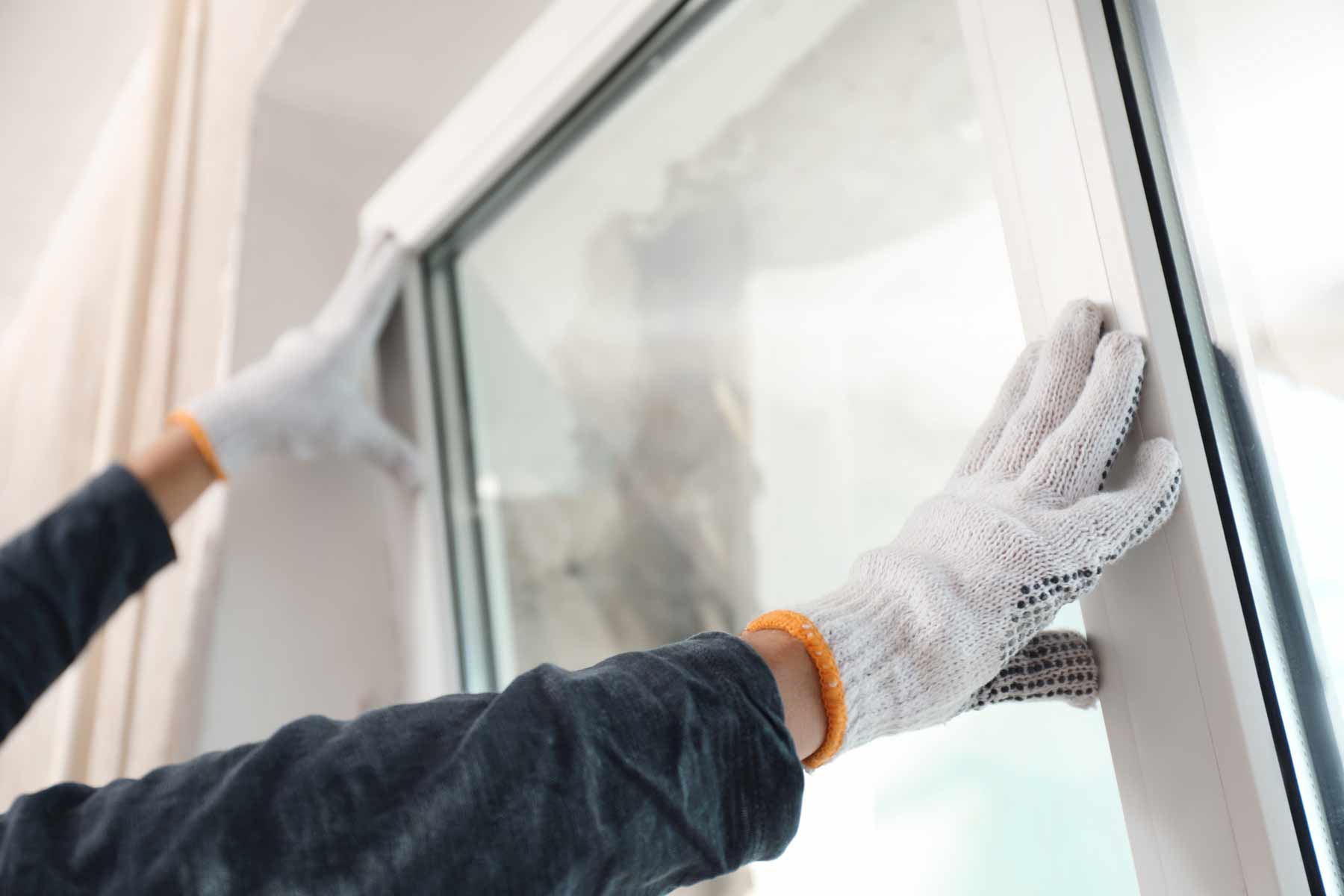

Soundproofing
How Much Is Window Soundproofing
Published: January 27, 2024
Find out the cost of window soundproofing and improve the peace and quiet in your home. Explore effective soundproofing options for windows.
(Many of the links in this article redirect to a specific reviewed product. Your purchase of these products through affiliate links helps to generate commission for AudioLover.com, at no extra cost. Learn more)
Table of Contents
Introduction
Are you tired of dealing with unwanted noise infiltrating your home or office? Whether it’s traffic sounds, noisy neighbors, or construction work, excessive noise can be a major nuisance. That’s where window soundproofing comes in. Soundproofing your windows can significantly reduce the unwanted noise and provide you with a peaceful and tranquil environment.
But how exactly does window soundproofing work? And how much does it cost? In this article, we will explore the ins and outs of window soundproofing, including the various methods available, factors that affect the cost, and the benefits it offers.
Window soundproofing is the process of reducing the amount of noise that enters a room through the windows. It involves adding materials or modifying existing structures to create a barrier that blocks sound waves from outside. By doing so, you can enjoy a more relaxing and peaceful environment, free from the disturbances of the outside world.
There are several factors that can impact the effectiveness and cost of window soundproofing. The size and type of windows, the level of noise you want to reduce, and the materials and techniques used all play a role. It’s important to evaluate these factors in order to choose the most suitable soundproofing solution for your specific needs.
When it comes to window soundproofing methods, there are several options to choose from. These include acoustic window inserts, soundproof curtains or blinds, window films, and double or triple glazing. Each method has its own advantages and cost considerations, which we will discuss in detail later in this article.
Considering the cost is an important aspect when deciding to invest in window soundproofing. The price can vary based on the method chosen, the size and number of windows, and whether you choose to hire professionals or go the DIY route. However, when you weigh the benefits of a quieter and more comfortable living or working environment, the investment in window soundproofing is often well worth it.
So, whether you live in a bustling city or a noisy neighborhood, window soundproofing can provide you with the peace and tranquility you deserve. Join us as we explore the different methods, cost considerations, and benefits of investing in window soundproofing.
Understanding Window Soundproofing
When it comes to window soundproofing, it’s important to have a basic understanding of how sound travels and what factors contribute to noise reduction. Sound is essentially a vibration that travels through different mediums, such as air, and can be absorbed, reflected, or transmitted.
Windows, being a common source of sound transmission, play a crucial role in the amount of noise that enters a room. Single-pane windows, in particular, are not effective at blocking sound waves due to their thin glass and lack of insulation. This is why many older buildings or homes with single pane windows can experience high levels of noise penetration.
Soundproofing windows involves enhancing the sound insulation properties by either blocking or absorbing sound waves. There are various techniques and materials used to achieve this, each with its own advantages and considerations.
One popular method is the use of acoustic window inserts. These are custom-fit panels that are installed on the interior of existing windows. Acoustic window inserts are designed with soundproofing materials, such as dense foam or acoustic glass, that help reduce noise transmission. They are easy to install, removable, and highly effective in reducing noise levels.
Another option is soundproof curtains or blinds. These curtains are made from thick, heavyweight fabrics specifically designed to absorb sound. They are hung over the windows and act as a barrier to reduce noise infiltration. Soundproof blinds, on the other hand, have multiple layers of fabric or insulation that help in blocking sound waves.
Window films are also commonly used for soundproofing. These films, made from materials like polyester or vinyl, are applied to the surface of the window. They work by adding an extra layer that absorbs or reflects sound waves, reducing outside noise. Window films are relatively easy to install and provide a cost-effective solution for soundproofing your windows.
For those looking for a more permanent and efficient solution, double or triple glazing is a popular choice. This involves replacing the existing windows with new ones that have multiple layers of glass separated by an air or gas-filled space. The extra layers of glass and the trapped air or gas act as barriers, preventing sound waves from passing through. Double or triple glazing not only improves sound insulation but also offers energy efficiency benefits by reducing heat loss or gain.
Regardless of the method you choose, the goal of window soundproofing is to create a barrier that obstructs the transmission of sound waves. By understanding the different techniques and materials available, you can make an informed decision and find the best soundproofing solution for your windows.
Factors Affecting the Cost of Window Soundproofing
The cost of window soundproofing can vary depending on several factors. It’s important to consider these factors to determine the most suitable and cost-effective solution for your specific needs. Here are some key factors that can impact the overall cost of window soundproofing:
- Window Type and Size: The type and size of windows play a significant role in determining the cost of soundproofing. Larger windows require more materials and labor, which can increase the overall cost. Similarly, specialized window types, such as bay windows or custom-shaped windows, may require custom soundproofing solutions, which can be more expensive.
- Materials Used: The choice of materials used for soundproofing also affects the cost. Different materials have varying levels of effectiveness and durability. For example, acoustic window inserts made from high-quality acoustic glass or dense foam will generally be more expensive than basic soundproof curtains or blinds.
- Soundproofing Method: The specific method chosen for soundproofing will impact the cost. Some methods, such as window films or soundproof curtains, are relatively affordable and can be DIY projects. On the other hand, more advanced techniques like double or triple glazing may require professional installation and, consequently, a higher cost.
- Level of Soundproofing: The amount of noise reduction desired will influence the cost. If you’re looking for a significant reduction in noise levels, you may need to invest in more robust and comprehensive soundproofing solutions, which can be more expensive. On the other hand, if a moderate reduction in noise is sufficient for your needs, you may be able to opt for more budget-friendly options.
- Accessibility of Windows: The ease of access to the windows can impact the cost of installation. Windows that are difficult to reach or require special equipment for installation may incur additional labor costs. Similarly, factors like the number of floors in the building or the presence of obstacles can affect the overall cost of the soundproofing project.
- Professional vs DIY: The decision to hire professionals or undertake the soundproofing project yourself will also affect the cost. While hiring professionals ensures expertise and efficient installation, it can be more expensive. DIY options, on the other hand, may be more budget-friendly but require time, effort, and research to ensure proper installation.
It’s important to consider these factors collectively when estimating the cost of window soundproofing. It’s recommended to consult with soundproofing experts to assess your specific requirements and provide an accurate cost estimate. By understanding the factors that impact the cost, you can make an informed decision and find the most suitable and cost-effective soundproofing solution for your windows.
Types of Window Soundproofing Methods
When it comes to soundproofing your windows, there are several methods available to choose from. Each method has its own advantages, considerations, and cost factors. Here are some common types of window soundproofing methods:
- Acoustic Window Inserts: Acoustic window inserts are custom-fit panels that are installed on the interior of existing windows. These inserts are made with sound-absorbing materials, such as dense foam or acoustic glass, that help reduce noise transmission. They are easy to install, removable, and highly effective at reducing noise levels.
- Soundproof Curtains or Blinds: Soundproof curtains or blinds are made from thick, heavyweight fabrics that are specifically designed to absorb sound. These curtains are hung over the windows and act as a barrier to reduce noise infiltration. Soundproof blinds, on the other hand, have multiple layers of fabric or insulation that help in blocking sound waves.
- Window Films: Window films are thin transparent sheets made from materials like polyester or vinyl that are applied to the surface of the window. These films add an extra layer that absorbs or reflects sound waves, reducing outside noise. Window films are relatively easy to install and provide a cost-effective solution for soundproofing your windows.
- Double or Triple Glazing: Double or triple glazing involves replacing the existing windows with new ones that have multiple layers of glass separated by an air or gas-filled space. The extra layers of glass and the trapped air or gas act as barriers, preventing sound waves from passing through. Double or triple glazing not only improves sound insulation but also offers energy efficiency benefits by reducing heat loss or gain.
- Weatherstripping: Weatherstripping is a technique that involves sealing gaps and cracks around windows to prevent noise infiltration. This method uses materials like adhesive strips or silicone seals to create an airtight seal, reducing both noise and drafts. Weatherstripping is a cost-effective solution that can be combined with other soundproofing methods for enhanced performance.
When selecting a specific soundproofing method, it’s important to consider factors such as effectiveness, durability, installation requirements, and budget. Some methods, like acoustic window inserts, provide excellent noise reduction and flexibility, while others, like double or triple glazing, offer higher levels of sound insulation but require professional installation and have a higher cost.
It’s recommended to assess your specific needs, budget, and goals before choosing a soundproofing method. Consulting with soundproofing experts can provide valuable insights and help you make an informed decision. Ultimately, the right soundproofing method will depend on your individual requirements and the level of noise reduction you desire for your windows.
Cost Comparison of Different Window Soundproofing Options
When it comes to window soundproofing, the cost can vary depending on the specific method chosen and the size and type of windows you have. It’s important to consider the cost factors associated with different soundproofing options to determine the most suitable choice for your budget. Here is a cost comparison of common window soundproofing options:
- Acoustic Window Inserts: Acoustic window inserts are a popular soundproofing option that provides effective noise reduction. The cost of acoustic window inserts can vary depending on the size and design of your windows. On average, the cost can range from $200 to $800 per window, including installation. Keep in mind that custom-designed or larger windows may have higher costs.
- Soundproof Curtains or Blinds: Soundproof curtains or blinds offer a more affordable soundproofing solution. The cost of soundproof curtains or blinds can range from $50 to $150 per window. They provide a cost-effective option for reducing noise levels, although they may not be as effective as some other methods, especially for low-frequency sounds.
- Window Films: Window films are a budget-friendly soundproofing option. The cost of window films can range from $20 to $100 per window, depending on the size and quality of the film. They are relatively easy to install and provide a decent level of noise reduction, particularly for mid-range frequencies. However, they may not be as effective for high-frequency sounds.
- Double or Triple Glazing: Double or triple glazing is a more comprehensive and efficient soundproofing option. The cost of double or triple glazing can vary depending on the size of the windows and the type of glass used. On average, the cost can range from $500 to $1,500 per window, including installation. While more expensive, double or triple glazing provides superior sound insulation and additional energy efficiency benefits.
- Weatherstripping: Weatherstripping is a cost-effective soundproofing option that can be combined with other methods for enhanced performance. The cost of weatherstripping materials can range from $10 to $50, depending on the size and number of windows. It’s an affordable option that helps to seal gaps and cracks, reducing noise infiltration and drafts.
It’s important to note that the costs mentioned above are just estimates. The actual cost of window soundproofing will depend on various factors, including the size and number of windows, the specific method chosen, and whether you choose to hire professionals or do it yourself.
It’s recommended to consult with soundproofing experts or obtain multiple quotes to get a more accurate cost estimate for your specific requirements. They can provide guidance on the most cost-effective and efficient soundproofing options based on your budget and desired level of noise reduction.
Remember, while some soundproofing methods may have a higher upfront cost, they often provide long-term benefits in terms of improved comfort, reduced noise disturbance, and potential energy savings. Investing in window soundproofing can enhance your quality of life and create a more peaceful and enjoyable environment.
Benefits of Investing in Window Soundproofing
Investing in window soundproofing offers a range of benefits that can greatly enhance your living or working environment. Here are some key advantages of soundproofing your windows:
- Noise Reduction: The most immediate and significant benefit of window soundproofing is the reduction of unwanted noise. Whether you live in a bustling city, near a busy road, or have noisy neighbors, soundproofing your windows can significantly minimize the amount of external noise that enters your space. This creates a peaceful and tranquil atmosphere, allowing you to focus, relax, and sleep better.
- Improved Privacy: Soundproofing your windows not only reduces noise coming in but also prevents sound from escaping your space. This can greatly enhance privacy, especially in areas where confidentiality is essential, such as home offices, therapy rooms, or conference rooms. By soundproofing your windows, you can ensure that conversations and activities remain private and protected.
- Energy Efficiency: Many soundproofing methods, such as double or triple glazing, provide insulation properties that can contribute to improved energy efficiency. These methods create an additional barrier between your interior space and the outside environment, reducing heat transfer. This can help to lower your heating and cooling costs, as the insulation helps to maintain a more stable indoor temperature.
- Enhanced Comfort: Soundproofing your windows can greatly enhance your overall comfort. By blocking external noise, you can create a more serene and peaceful environment inside your home or office. This allows you to enjoy your personal space without the disturbances of traffic noise, construction sounds, or other sources of unwanted noise pollution.
- Health and Well-being: Excessive noise can lead to increased stress levels, sleep disturbances, and other health issues. By soundproofing your windows, you can create a healthier living or working environment by reducing the impact of noise on your well-being. A quieter environment promotes relaxation, focus, and better sleep, ultimately contributing to your overall physical and mental health.
- Increased Property Value: Soundproofing your windows can also have a positive impact on the value of your property. Potential buyers or tenants appreciate and are willing to pay more for a property that offers a quiet and peaceful living or working environment. Investing in window soundproofing can be a worthwhile investment that pays off in the long run.
By investing in window soundproofing, you can create a more comfortable, quiet, and enjoyable space. It not only improves your quality of life but also provides numerous practical and financial benefits. Whether you want to reduce noise pollution, enhance privacy, improve energy efficiency, or increase property value, soundproofing your windows is a smart and worthwhile investment.
DIY vs Professional Window Soundproofing
When it comes to window soundproofing, you have the option to either undertake a do-it-yourself (DIY) project or hire professionals to handle the installation. Both approaches have their pros and cons, and it’s important to consider your specific needs and capabilities before deciding which route to take.
DIY Window Soundproofing
DIY soundproofing projects can be a cost-effective option for those who are handy and enjoy taking on home improvement tasks. Here are some factors to consider if you’re leaning towards a DIY approach:
- Cost Savings: DIY projects often come with cost savings since you won’t have to pay for professional installation. Materials for soundproofing, such as window inserts, weatherstripping, or window films, can be readily available and relatively affordable, making DIY soundproofing an attractive option for those on a tighter budget.
- Flexibility and Control: With DIY soundproofing, you have the flexibility to choose the materials and methods that best suit your preferences and requirements. You can customize the project to fit your specific windows and design preferences, and you have full control over the process and timeline.
- Learning Experience: Undertaking a DIY soundproofing project can be a great learning experience. It allows you to acquire new skills, gain knowledge about soundproofing techniques, and build confidence in handling home improvement tasks. It can also be a satisfying endeavor, accomplishing the project on your own and seeing the results of your hard work.
Professional Window Soundproofing
Professional window soundproofing offers the expertise and efficiency of trained professionals who specialize in sound insulation. Here are some considerations if you are considering hiring professionals:
- Expertise and Experience: Professional soundproofing experts have the necessary training, knowledge, and experience to provide effective solutions for your specific needs. They can assess your space, recommend the most suitable soundproofing methods, and ensure proper installation for optimal results.
- Time and Convenience: Hiring professionals allows you to save time and effort. They have the expertise and tools to complete the project efficiently and effectively. You won’t need to spend time researching and learning about soundproofing techniques, and you can focus on other tasks or responsibilities.
- Guarantees and Warranties: Another advantage of professional window soundproofing is the potential for guarantees and warranties on the work done. Reputable soundproofing companies often offer warranties, ensuring that any issues or concerns will be addressed promptly and efficiently.
Ultimately, the choice between DIY and professional soundproofing depends on your skill level, comfort with DIY projects, budget, and the complexity of the soundproofing project. While DIY can be a cost-effective option and offer a sense of accomplishment, professional soundproofing provides expertise, convenience, and the assurance of a job well done.
If you are unsure, it’s recommended to consult with professionals who can provide guidance and recommendations based on your specific needs and budget. They can assess your space and provide you with an accurate cost estimate for both DIY and professional soundproofing options, allowing you to make an informed decision that aligns with your goals.
Conclusion
Window soundproofing is a valuable investment that can significantly improve your living or working environment. Whether you’re dealing with excessive street noise, intrusive neighbors, or other sources of unwanted sound, soundproofing your windows can provide a peaceful and tranquil space. By understanding the different soundproofing methods available, considering cost factors, and weighing the benefits, you can make an informed decision on the best approach for your specific needs.
From acoustic window inserts to soundproof curtains or blinds, window films, double or triple glazing, and weatherstripping, there are various options to choose from. Each method has its own advantages, considerations, and cost factors. It’s important to assess factors like your budget, the level of noise reduction desired, the size and type of windows, and the convenience of installation when selecting the right soundproofing solution.
Investing in window soundproofing offers numerous benefits. It reduces noise pollution, promoting a quiet and peaceful atmosphere for relaxation, focus, and better sleep. Soundproofing also enhances privacy, energy efficiency, and overall comfort. It can reduce stress levels, improve well-being, and even increase property value.
When it comes to soundproofing your windows, you have the choice between a DIY approach or hiring professionals. DIY projects can be cost-effective and provide a sense of accomplishment, while professionals offer expertise, efficiency, and guarantees. Consider your skill level, available time, and budget to determine the most suitable approach for your soundproofing project.
Whichever method and approach you choose, the benefits of window soundproofing are undeniable. Enjoy a quieter and more comfortable space, free from the disturbances of outside noise. Enhance your quality of life, improve productivity, and create a sanctuary where you can relax and recharge.
Consult with soundproofing experts to get professional advice and ensure you’re making the best decision for your specific needs. By investing in window soundproofing, you’ll transform your space into a peaceful haven, providing you with the tranquility and comfort you deserve.

